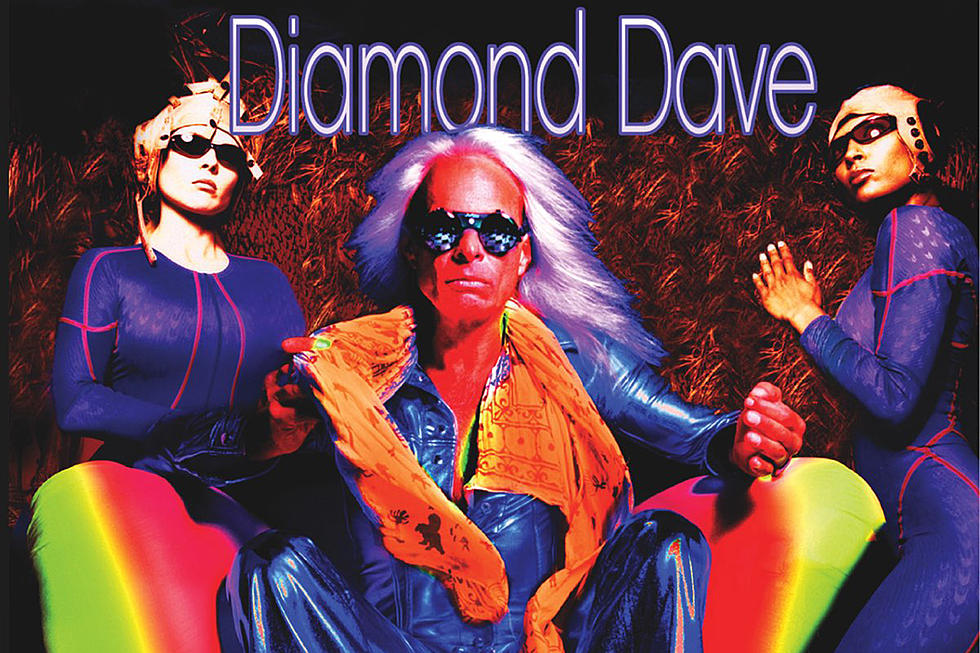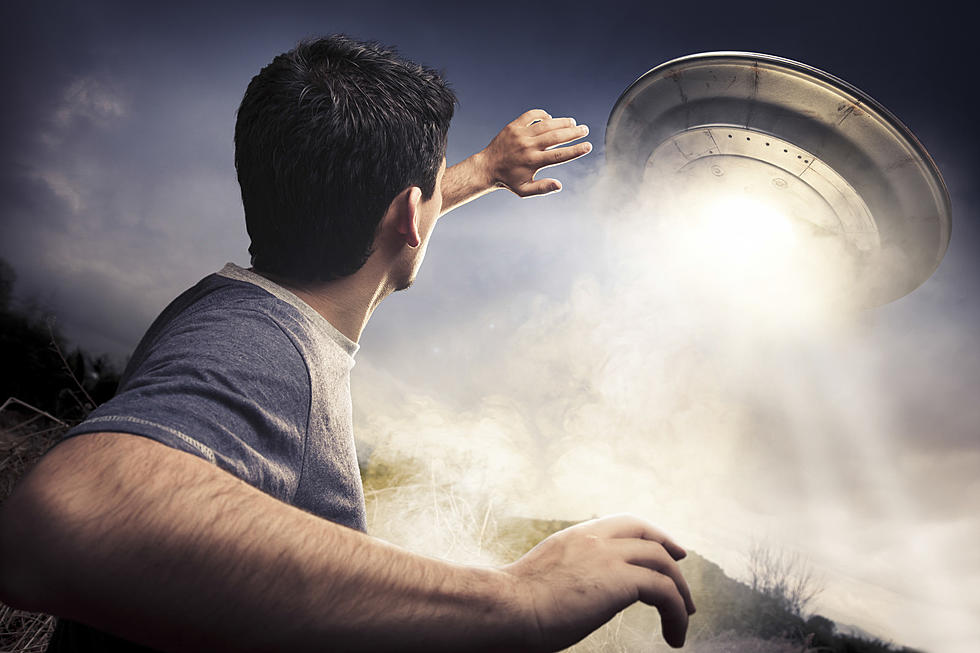
20 Years Ago: David Lee Roth’s Solo Career Flames Out With ‘Diamond Dave’
There had been signs that David Lee Roth's solo career was sputtering to an end. His sixth – and final – album made it official.
Issued on July 8, 2003, Diamond Dave was not necessarily a bad album. It just might not have been the right record to release at that time.
The concept was a good one in theory: Roth decided to pay tribute to his musical peers with a track listing that was hardly by-the-numbers. For instance, he opened with three straight songs from early inspiration Savoy Brown – beginning with “I’m Tired,” which he titled as “You Got the Blues, Not Me.”
“In the ’60s, if you wanted to boogie down, you did Savoy Brown,” the Van Halen frontman told KNAC. “To this day I’m not sure what Savoy Brown really means, but it sounds great doesn’t it?”
There were modern touches, but Roth took a vintage path on Diamond Dave. His voice was relatively unadorned, and the studio tricks largely swept to the side. He termed this approach as “post-modern,” when discussing the LP with The Press of Atlantic City.
The traditional core of guitar, bass and drums was fleshed out with an expected flourish of horns, but also a variety of vintage keyboards, including Hammond B3 organ and Mellotron. Sidemen used drum kits and amps/rigs from the ‘60s and ‘70s. “Every song is recorded as an ensemble with a real band,” Roth said. “Everyone played together. That is a rarity.”
Listen to David Lee Roth's 'You Got the Blues, Not Me'
Still, there was room for technology. “We took the meat and potatoes of the band, added in the loops, samples and turntables – all of my fascinations,” Roth told The Press. “What you get is a combination of two entirely different traditions that are consequently loved from both neighborhoods.”
“Now the question is,” he wondered, “does it get girls?”
It wouldn’t, actually, but that did not stop Roth from having plenty of fun: “Shoo Bop” was a gloriously psychedelic and funky run through Steve Miller’s “Shu Ba Da Du Ma Ma Ma Ma.” There is plenty jamming, with lengthy solos from a bustling sessions group that elsewhere included longtime cohorts like keyboardist Brett Tuggle and drummer Gregg Bissonette.
Roth’s passion for the material is evident. Cover albums can so often be boring and stale, but Diamond Dave underscores time and time again how much this material meant to him.
At the same time, a desire to update and enliven these songs feeds through the speakers. “Usually when I go to the movies and I see somebody redo a movie that was originally great, I go, ‘Why did you bother doing that?’” he told the Las Vegas Sun. “So some of this is about just getting it right when you do a cover tune.”
With typical bravado, Roth took aim at a couple of sacred cows: “When the Beatles did ‘Tomorrow Never Knows,’ it was a great idea, but I don't think it really added up,” he told the Sun, “I think the way we did it is better. That was their original idea, to sound like me. To be a singer, you have to think like that.”
Listen to David Lee Roth's 'Thug Pop'
Roth also covered Jimi Hendrix’s “If 6 Was 9.” “He did a great version. Mine's better,” he said. “It doesn’t matter that he wrote it. That’s the beauty of great music, that it can be translated into other languages or seen through other people’s eyes. Take that idea, coupled with my Christ-like humility, and you can accomplish great things with a microphone.”
“Thug Pop” was an eclectic, thundering rocker, and one of the best songs on the album. But the track, co-written with DLR Band collaborator John 5, feels out of place in the midst of the cover songs. It’s ultimately nothing more than a tantalizing preview of how Roth could have built on positive momentum generated by the DLR Band era, which was a genuine (and unexpected) return to form.
Instead, Diamond Dave fared worse than DLR Band, failing to chart after its 1998 predecessor limped to No. 172. Roth only put one song (“Shoo Bop”) into his subsequent concert set, and any awareness of the Diamond Dave album quickly evaporated.
He never released another solo project, despite an abundance of enthusiasm back then. “Hope springs eternal is a working axiom here,” he told The Record. “Before you cry for me, Argentina, realize I’m the comeback kid. I think there’s more of a taste for what I can contribute to the overall bonfire than ever before.”
Rock's Most Dysfunctional Bands
What Went Wrong With Van Halen's Gary Cherone Experiment
More From WWMJ Ellsworth Maine







